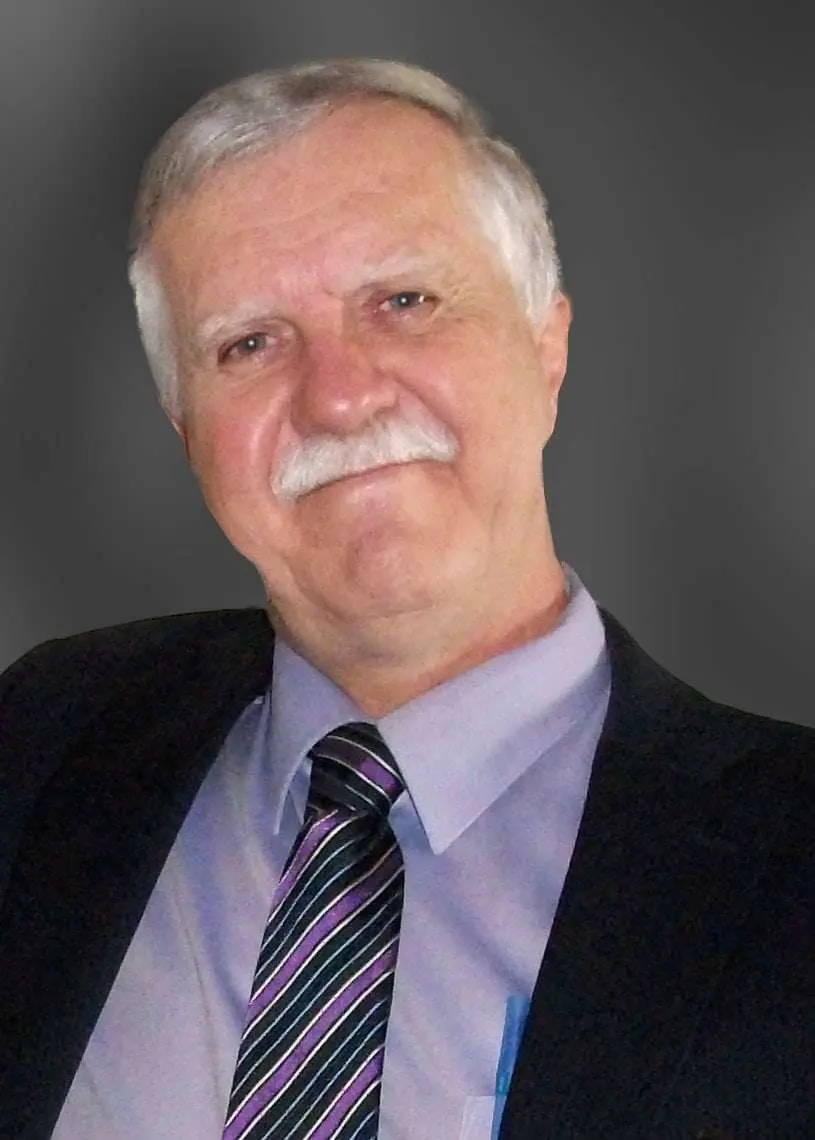An article was written seeking to cast doubt on Mother Teresa’s charitable work in India. The authors claim that she glorified poverty, subjected the poor to unsanitary conditions and misused the monies given to this charitable endeavor. They state that the pontiff turned a blind eye to her “rather dubious way of caring for the sick, her questionable political contacts, her suspicious management of the enormous sums of money she received, and her overly dogmatic views regarding … abortion, contraception and divorce.” (Globe and Mail, Mar.5/13)
I always seem to find these academic exercises little more than a foolish attempt to sound profound and intelligent, casting aspersions on others, but lacking credibility since often they themselves are absent from being actively involved in similar charitable work that they are so quick to criticize. They remind me of the 50,000 spectators who watch a football game from the security of the stands and yet criticize the people who are being beaten and bruised in the trenches. It is easy to parachute into a slum area and evaluate it as a spectator would but not live in that world. It further reinforces for some that academia is divorced from reality as they seek to pontificate to others but seldom bring about the change that they are so quick to condemn.
If religion is about adhering to a belief system, whether a person would define oneself as religious, agnostic or even atheistic then by this definition all are religiously attached to their belief system. The question is whether that belief system is relevant and practical or just a theoretical exercise.
The writer James’s concern is that people live out what they believe. But in what ways does he express this?
First, he says to cast off all filthiness and wickedness. Words mean nothing without corresponding actions. The authors are quick to criticize Mother Teresa’s “overly dogmatic views regarding … abortion, contraception and divorce”. They fail to see that first she was consistent with her church’s position on these matters (whether they agree with them or not is irrelevant) and secondly that she was consistent in seeking to bring dignity to the poor and dying.
Secondly, James says to receive the implanted word with meekness which is able to save your souls. The implanted word is the “word of truth”. Pilate would ask Jesus this question to which He never answered when He said, “What is truth?” Is there objective truth that is not colored by our own perceptions of what we think is truth? Would we really know truth even if it was embodied before us? Without objective truth, a standard by which we measure all others, we are prone to faulty reasoning and drawing our own conclusions, everyone seeking to do what is right in one’s own eyes. They call that anarchy.
Thirdly, he says that to only be hearers and not doers is like looking at oneself in a mirror and then walking away and immediately forgetting what one looks like. There are days that I may be glad to forget what I look like but that begs the point. If a person fails to bring about corresponding action (doers of the word) from what one has heard does this negate the truth? Absolutely not! It doesn’t become truth because I choose to believe it. It is truth regardless of whether I align myself with it or not.
Fourth, he speaks about those who think they are religious but refuse to discipline their words. Some say that talk is cheap but not so. It carries a heavy price tag. Unbridled speech or undisciplined words can be as destructive in tearing down as disciplined speech can be in being constructive. To falsely boast of being one thing and living out something else is to lack integrity. For those persons their words, let alone their word, means nothing.
Finally he reminds us that pure and undefiled religion has two effects. It is to visit orphans and widows in their distress and to keep oneself unstained from the world. The order is significant. Religion means nothing if I do not “roll up my sleeves” and seek to get involved, rather than living in a bubble. Hypocrisy is really about seeking to appear pious but lacking any substance.
A good question to ask is whether these authors would consider themselves charitable or compassionate. Yet I wonder if such persons would be willing to take a sabbatical and spend a year working among the poor in Calcutta or the garbage dumps in Guatemala and Mexico.
Shakespeare speaks of the “fool who struts and frets his hour upon the stage and then is heard no more, a tale told by an idiot full of sound and fury signifying nothing”. It reminds me of Solomon who wrote that “whoever falsely boasts of giving is like clouds and wind without rain”.
Blessings!
Further resources: godeeperministries.com/radio; estherstable.com


0 Comments